The Nigeria National Petroleum Company Limited (NNPCL), filling stations in Lagos have adjusted their fuel pump prices to ₦998.
As queues return early this morning in parts of Lagos, many filling stations in Ikoyi are not selling. Attendants at NNPCL stations say they are waiting for final instructions as they set their pumps price to ₦998.
Join our WhatsApp Channel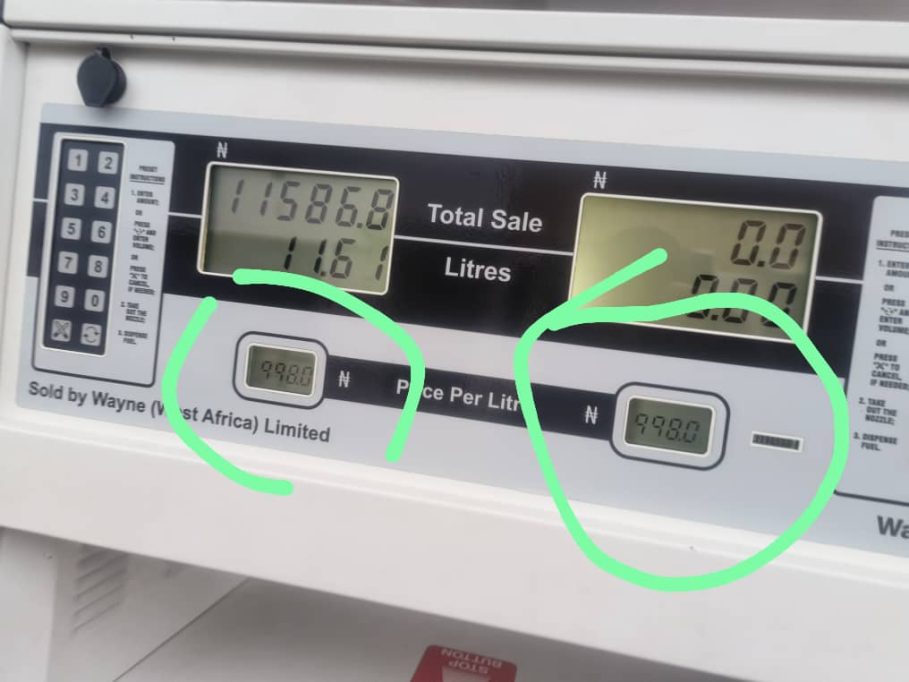
Although the publicly displayed pump price reads ₦885, the actual pump price right inside the fuel station has been adjusted to ₦998. This leaves other independent marketers in Lagos with the option of selling at ₦1000 and above. PMS could then sell for as high as between ₦1200 and ₦1300 in far-flung areas like the Southeast, South-south and Northern parts of Nigeria.
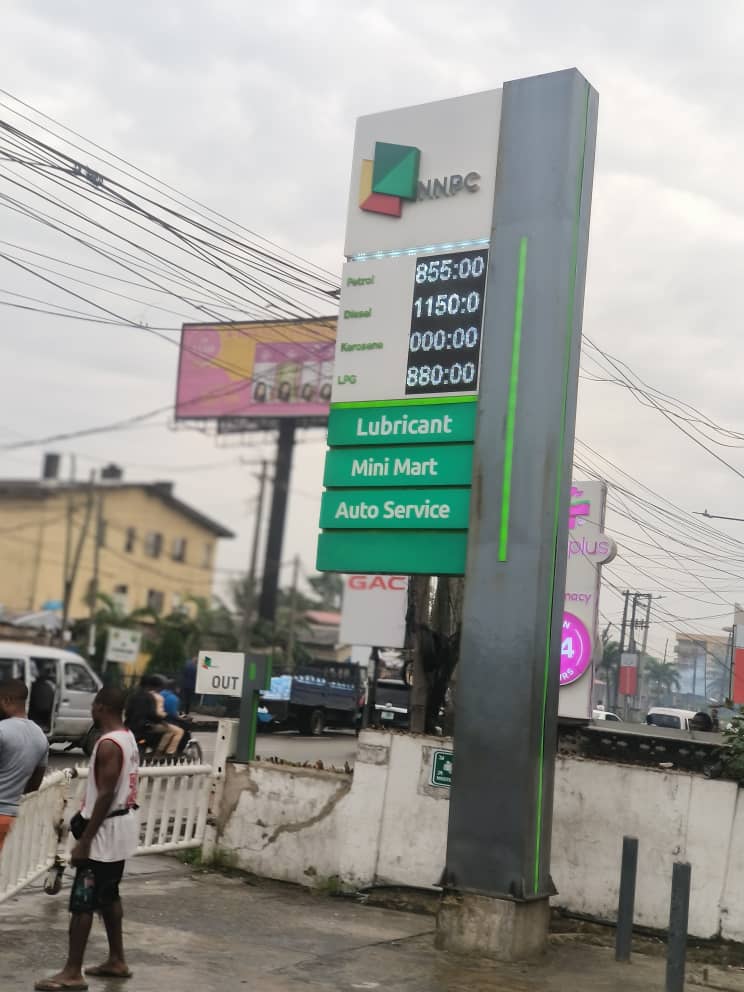
This comes as the national oil company has relinquished its sole off-taker status for distribution of Dangote Refinery petrol, paving way for independent marketers to have direct access to purchase and sell.
NNPCL had increased its petrol price from about N617 per litre to N897 early last month. Subsequently, after it began lifting petrol from Dangote Refinery on September 15, announced a new price template based on the cost it obtained the product from the refinery. According to the price template, Lagos was set for ₦950.22, Abuja ₦992.22 and Borno going as high as ₦1,019.
READ ALSO: Naira-for-Crude Deal To Last Six Months As Dangote Refinery Receives 400,000 Barrels Of Oil Daily
This development leaves many wondering about the impact the implementation of the Nigerian government’s initiative for NNPCL to sell crude oil in local currency, would have on prices of petroleum products across the country.
Prime Business Africa had, a few months ago, reported that the Federal Government was lobbying governors to support moves to increase the PMS pump price to ₦1000. The report indicated what appeared a deliberate effort to jack up fuel prices irrespective of landing cost or cost of local refining.
There are indications that the withdrawal of NNPCL from being the sole distributor of Dangote Refinery petrol may lead to further increase in price.
Sources said there is a form of subsidy payment by NNPC indicating a difference between the real costs and what Nigerians pay at the pump, in major Nigerian cities. They aver that in the absence of that arrangement, the price may go higher.
Analysts, however, said the expected price increase is not static but would be influenced by changes in naira and dollar exchange rate.
Victor Ezeja is a passionate journalist with seven years of experience writing on economy, politics and energy. He holds a Master's degree in Mass Communication.

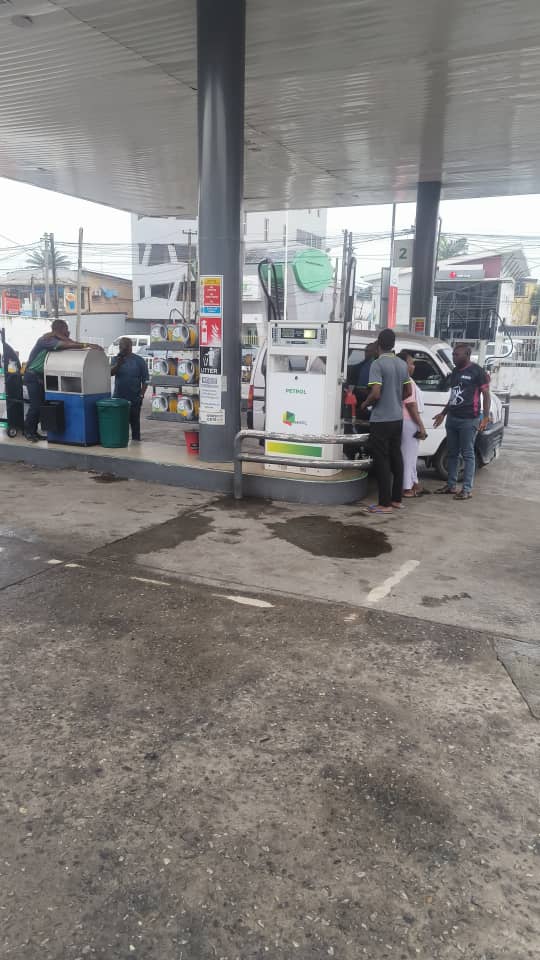





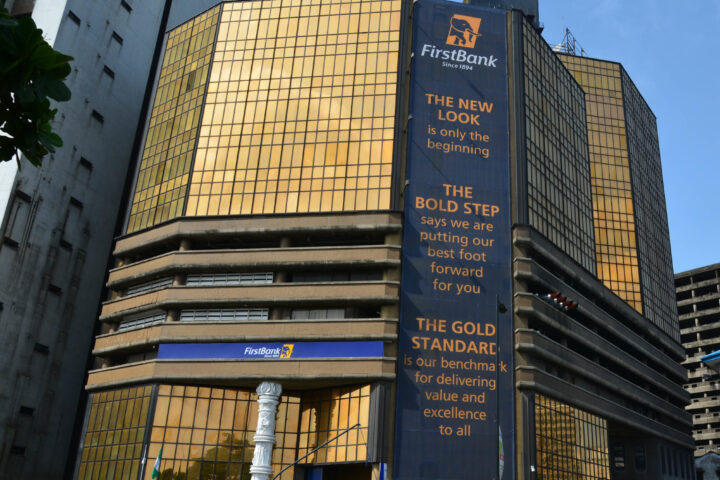










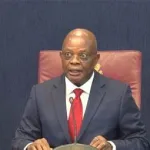
Follow Us